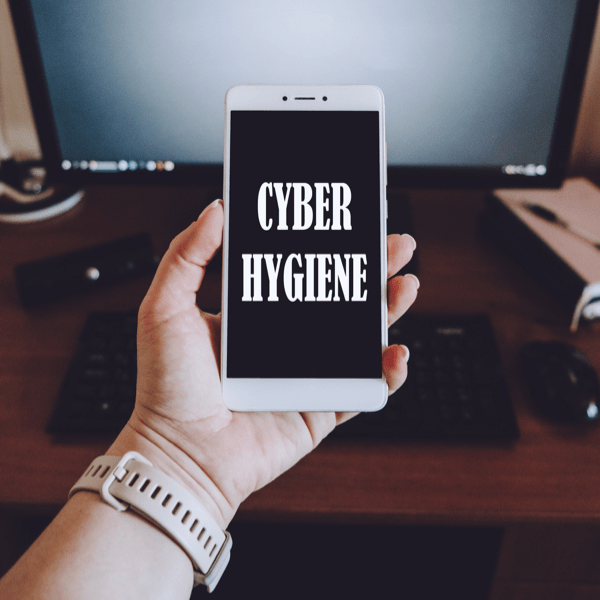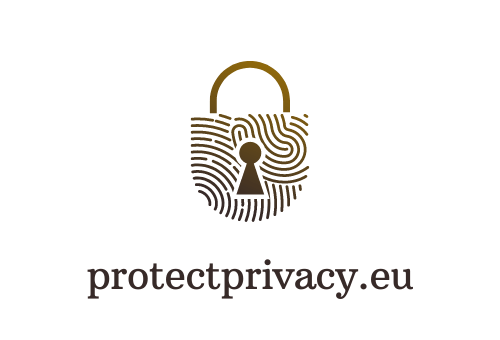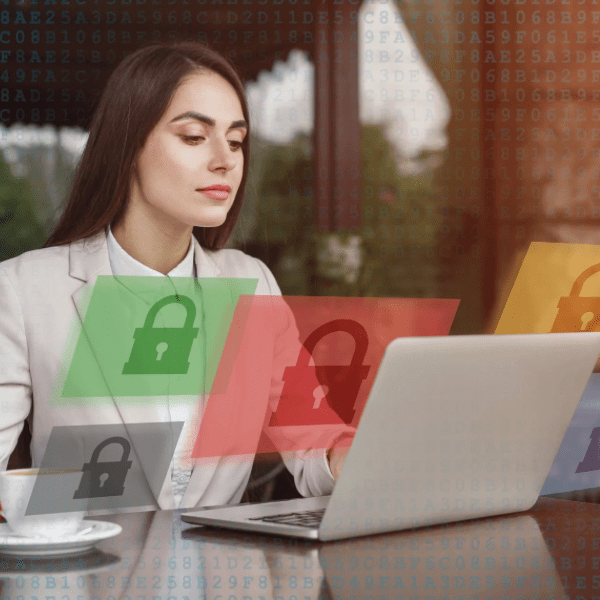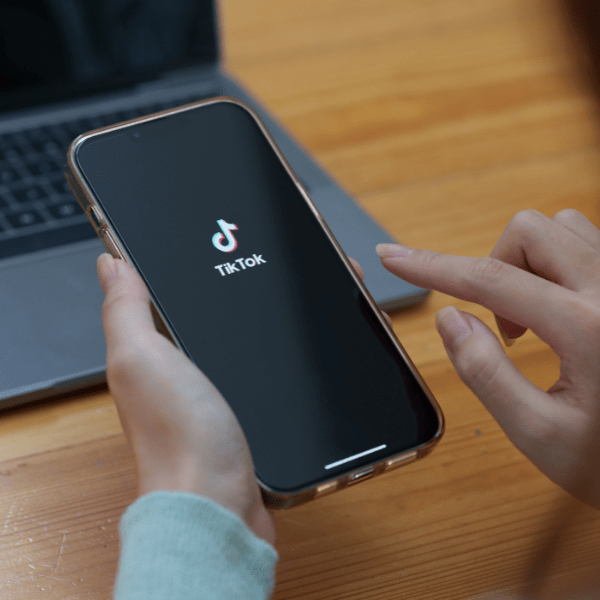Cyber Hygiene: Essential Practices for Online Safety

In the digital age, the concept of hygiene extends beyond our physical world. Just as we brush our teeth and wash our hands, we must also maintain our cyber hygiene. Cyber hygiene refers to the practices and steps that users of computers and other devices take to maintain system health and improve online security. These practices can protect your personal information and the integrity of your devices from cyber threats. Let’s delve into the essential practices for maintaining good cyber hygiene.
Understanding the Importance of Cyber Hygiene
Just as poor personal hygiene can lead to illness, poor cyber hygiene can lead to a variety of security issues, including identity theft, loss of personal data, and even financial loss. Cyber threats are evolving and becoming more sophisticated every day, making cyber hygiene more important than ever.
Essential Practices for Good Cyber Hygiene
1. Regular Software Updates
Keeping your software updated is the digital equivalent of getting a vaccination. Software updates often include patches for security vulnerabilities that have been discovered since the last iteration of the software was released. By regularly updating your software, you’re protecting your devices from known threats.
2. Use Strong, Unique Passwords
Strong, unique passwords are your first line of defense. Avoid using easily guessable passwords like “123456” or “password.” Instead, use a mix of letters, numbers, and special characters. Consider using a password manager to keep track of your passwords.
3. Enable Two-Factor Authentication
Two-factor authentication (2FA) adds an extra layer of security to your online accounts. Even if someone manages to get your password, they won’t be able to access your account without the second factor, usually a code sent to your phone or email.
4. Be Wary of Phishing Attempts
Phishing is a common method used by cybercriminals to trick you into revealing personal information. They might send an email that looks like it’s from a legitimate organization, but the links in the email will lead you to fake websites. Always double-check the source before clicking on any links or providing personal information.
5. Regular Backups
Regularly backing up your data ensures that, even if your device is compromised, you won’t lose any important information. Make sure to store your backups on a separate device or use a cloud-based service.
6. Use a Firewall and Antivirus Software
Firewalls and antivirus software are essential tools for blocking threats before they can affect your system. They can filter out malicious traffic and detect and remove malware from your device.
7. Limit Personal Information Shared Online
The less personal information you share online, the less there is for cybercriminals to take. Be mindful of the information you’re sharing on social media and other online platforms.
Conclusion
Cyber hygiene may seem daunting, but by incorporating these practices into your daily routine, you can significantly reduce your risk of falling victim to cyber threats. Remember, the key to good cyber hygiene is regularity and vigilance. Stay safe in the digital world, just as you would in the physical one.








